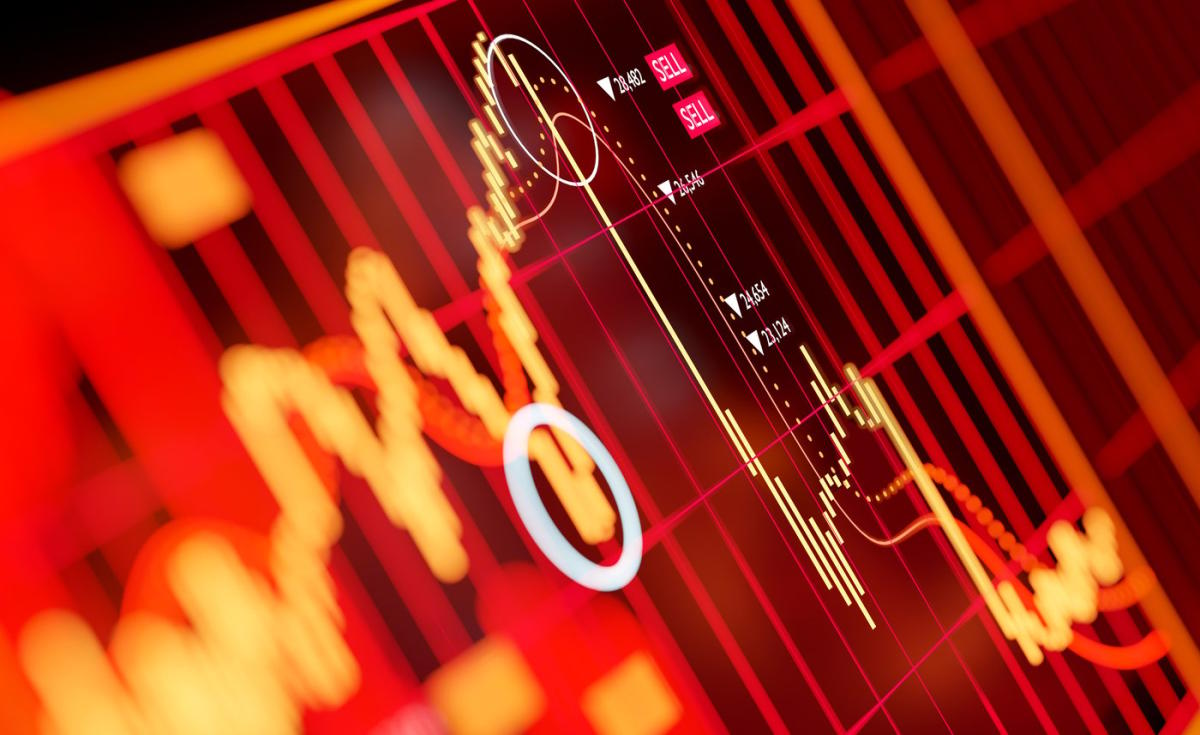By Noel Randewich
(Reuters) – A look at the day ahead in Asian markets by Noel Randewich.
Investors in Asia will have to digest the almost certain easing of US monetary policy in September on Monday, after US Federal Reserve Chairman Jerome Powell confirmed in a speech on Friday that the United States is ready to cut interest rates.
Speaking at the Kansas City Fed’s annual economic conference in Jackson Hole, Wyoming, Powell said “the time has come to adjust policy” as upside risks to inflation have diminished and downside risks to employment have increased.
Powell’s comments caused the yen to rise and the dollar index to weaken. Lower interest rates relative to Japanese rates made the Japanese currency more attractive.
The dollar/yen exchange rate hit its lowest level since August 6 on Friday evening.
Geopolitical risks rose over the weekend as Hezbollah fired hundreds of rockets and drones into Israel early Sunday, while the Israeli military said it had struck Lebanon with about 100 fighter jets to thwart a larger attack. It was one of the largest clashes in more than 10 months of border warfare and raised concerns that Israel’s war in Gaza could escalate into a wider conflict.
Investors will also be weighing the outlook for Japanese interest rates after Bank of Japan Governor Kazuo Ueda on Friday reaffirmed his decision to raise interest rates if inflation remains on track to sustainably hit the 2% target.
Ueda’s comments came after data showed core inflation in Japan rose for a third straight month in July, with a slowdown in demand-driven price growth likely to complicate the central bank’s decision on further rate hikes.
Nikkei shares rose an average of 0.4% on Friday after Ueda’s testimony in parliament.
After trying to contain the falling yuan all year, the Chinese central bank is now facing the opposite problem, subtly trying to prevent the currency from appreciating too much.
The usually dovish yuan rose 1.3% against the dollar in August, fueled by expectations that Fed rate cuts will strengthen the Japanese yen.
In China’s commercial banking sector, Bank of China Vice Chairman and President Liu Jin stepped down on Sunday. The state-owned bank said its board of directors had approved Chairman Ge Haijiao to serve as acting president.
The U.S. political landscape offered few new signs of certainty for international investors after Vice President Kamala Harris secured the Democratic presidential nomination with a powerful speech Thursday, outlining broad foreign policy principles and drawing sharp contrasts with her Republican rival, former President Donald Trump.
With 11 weeks left in the battle for the White House, contracts for a Harris victory are trading for 55 cents, with a potential payout of $1, on political betting platform PredictIt.
Contracts for a Trump victory, who has indicated he wants to impose tariffs of 60% or higher on all Chinese goods, are trading at 49 cents.
Tariffs were in the spotlight last week after China’s Ministry of Commerce met with automakers and industry groups to discuss raising import tariffs on large gasoline vehicles, a warning as the European Union is poised to make a tariff decision on Chinese electric vehicles.
On Friday, the United States added 105 Russian and Chinese companies to a list of trade restrictions over their alleged support for the Russian military.
Here are key developments that could provide more direction for Asian markets on Monday:
– Singapore Manufacturing (July)
– Japan Leading Indicator (revised) (June)
(Reporting by Noel Randewich in Oakland, Calif.; Editing by Diane Craft)





